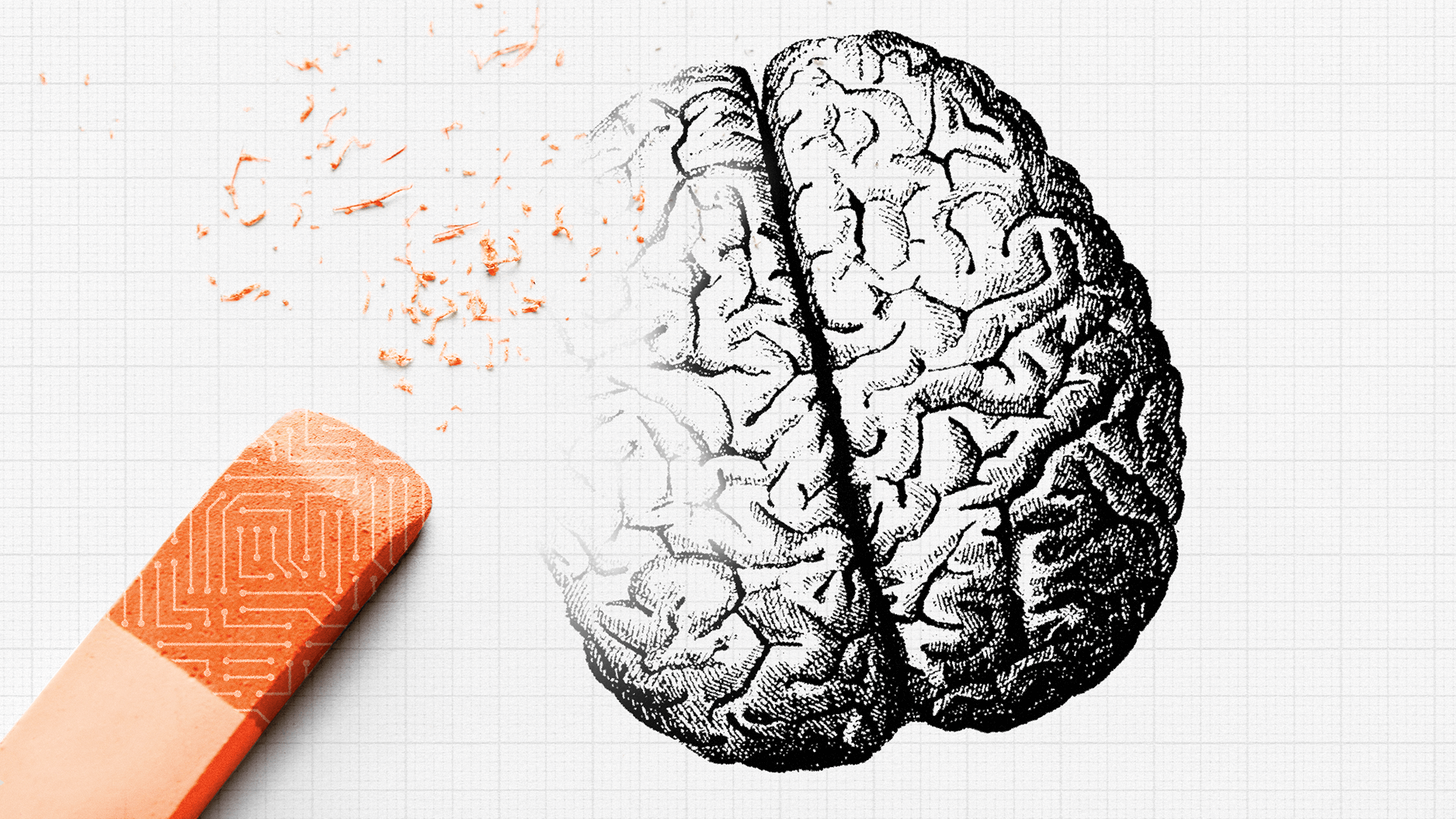Many of the brain’s functions are designed to initiate a response to a detected imbalance. As our bodies strive to maintain homeostasis, our brains send signals that make us do what is needed.
Question: How does the brain achieve coordination of the body's functions?
Antonio Damasio: I don’t know if I like the word "coordination," to deal with it. I think that... For example, one of the things that the brain needs to do is regulate a variety of aspects of our metabolism. So, for example, it’s absolutely essential that the PH of our internal milieu be maintained, in the very tight borders above which and below which we cannot operate, we simply die. There are certain levels of certain molecules that have to be maintained tightly within certain values and you have sensors in structures, for example, like they hypothalamus, that are constantly measuring the level and if the level that is currently occurring in your internal milieu is getting dangerously close to the limit, then the brain immediately generates a response that is going to be corrective.
Take, for example, what happens if the level of water is diminishing, because, for example, you took a meal that is very salty. You will, very rapidly, develop a thing called thirst. Now, thirst is a very conscious of the fact that there are sensors going like crazy saying, “Water too low! Water too low! Water too low, make a correction.” And then you go and drink. And of course, in, go back to the squirrel, the squirrel is not going to have very conscious notion of thirst, "I need water," let alone expressing it in words. The squirrel is going to have that feeling of thirst and is going to make the correction by starting to search for water. Even if the squirrel doesn’t do it deliberately, he’s not thinking: "Now, I’m going to need to look for a river or a lake." That’s not likely to happen—although I’ve never been inside a squirrel’s mind. But that is there that there’s the detection of the wrong set point and the shooting off of an order to generate a response. And the response is going to be in the form of a yearning for water. And in our case, not only do we feel it, but then we start translating all of that in very complex concepts and words and we will, for example, if you’re in the middle of a street and you start thinking, “Where am I going to get water? Am I going to go into a restaurant, is there a water fountain?” or whatever.
So that’s a very complex way of dealing with that, but basically at the core, the responses are being operated. You used the word "coordinate," but I don’t think the word coordinate is right, it’s really a way of creating a response for what is a detected imbalance. It’s a detected imbalance, by the way, of a function that is called homeostasis. So, you need to maintain homeostasis, that’s critical and it operates exactly the same way for a signal cell or a multi-cellular organism like we are.
Recorded on August 10, 2010
Interviewed by David Hirschman





